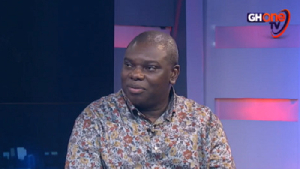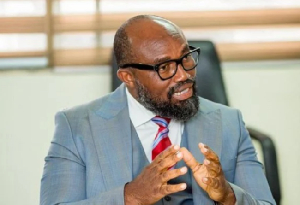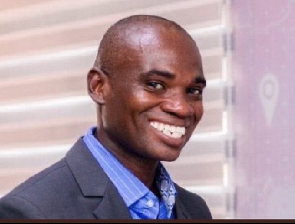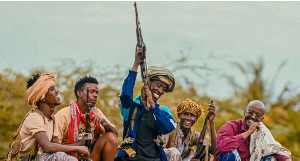Justice Edward Amoako Asante, President of the Economic Community of West African States (ECOWAS) Court of Justice, has urged members to implement treaties agreed on by the body to foster development.
“ECOWAS is a supranational authority and this involves the limitation of the sovereignty of the member states in the areas ECOWAS had been given authority to act on their behalf.”
Justice Asante was addressing the closing session of a four-day international conference organised by the Community Court of Justice-ECOWAS, held in Accra.
He said it was, therefore, counterproductive for the members to insist on their sovereignty when they were to implement treaty obligations, which they had freely entered into.
“As seen from this conference, our challenges are not necessarily a product of the normative framework but rather, lack of implementation and political will,” he said.
The conference was on the theme: “Economic integration of West Africa: challenges and prospects,” which brought together about 135 participants from the 15 member states.
It was to critically appraise the legal aspects of the economic agenda of ECOWAS, the enabling legal environment, the Community legal order, the challenges and the role of ECOWAS Court of Justice in the integration process.
Among the topics discussed were free movement of persons, goods and services, integration through law, the role of ECOWAS Court of Justice in the integration process, Rule of Law and good governance as prime factors in economic development, and legal aspect of economic integration.
Professor Muhammed Tawfiq Ladan, the Director of Legislative Support Services, Nigeria, giving the background, said the Economic Integration Agenda (EIA) was set-up in 1975.
It was to ensure free trade area, market integration, financial and monitoring, and convergence of the currencies into the Eco.
ECOWAS governments, therefore, had to put legal instrument/policies in place to provide the basis for EIA’s take-off.
He said the last phase, which the single currency, would be launched in 2020, known as the Eco.
Prof. Ladan touched on the Benin-Nigerian border closure and said it was triggered by Benin exporting expired rice into Nigeria by loading, repackaging and re-bagging.
He reminded participants that each member state was required to review, mount surveillance and screen drugs and food items imported into their countries.
General News of Saturday, 26 October 2019
Source: ghananewsagency.org













